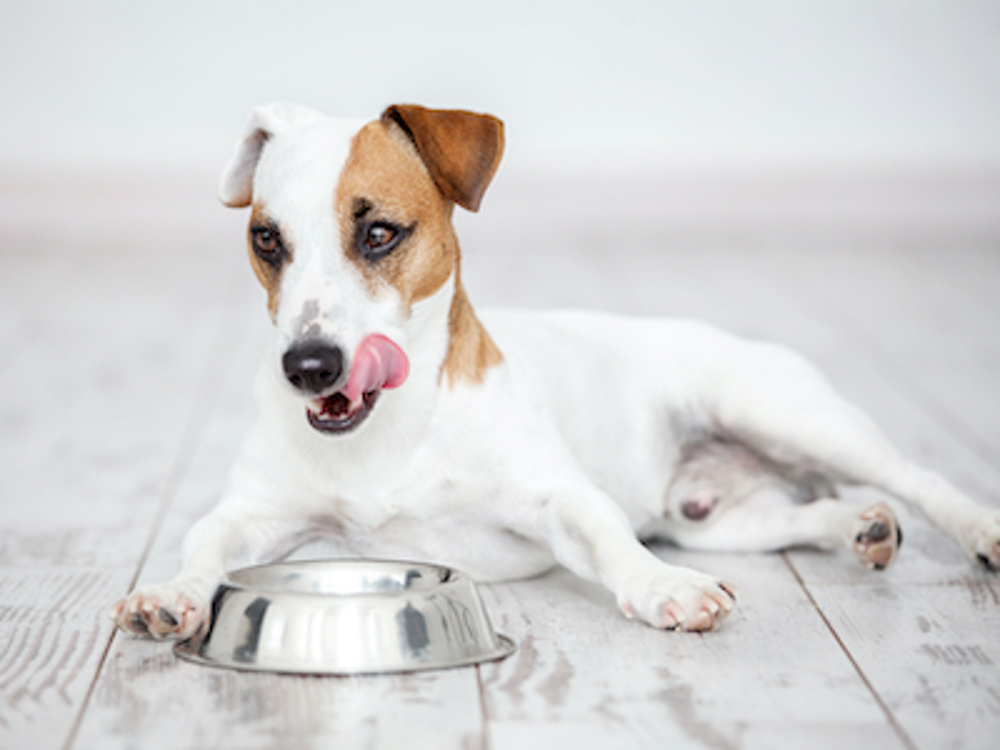
Muscle power depends on protein. Not surprisingly, canine athletes that do not receive adequate dietary protein may suffer from fatigue and have a lacklustre attitude and performance. Nutritionists recommend feeding active dogs a diet made with highly digestible, quality protein sources. Protein can come from animal and or plant based sources, remember, the digestibility and quality of the protein is what is important.
Active dogs require more protein than sedentary ones. This is because active muscles undergo a natural process of building and breaking down muscle protein called protein turnover.
During and after exercise, protein turnover increases to meet the increasing metabolic needs of working dogs.¹
Elevated dietary protein complements the benefits of fat metabolism, since amino acids, the building blocks of protein, promote muscle growth and recovery.
Key protein building blocks, branched-chain amino acids, also become an important energy source in exercising muscles.²
Though dietary protein is important for dogs’ overall health and well-being, it is particularly important for active dogs that require more protein to meet their energy needs and fuel their muscles. To help support active dogs, it is recommended to feed food with a guaranteed level of protein at 26% or higher. Dogs that receive dietary protein at these optimal levels are more likely to perform at their full capacity.
It is important that you feed the right diet for your dog throughout their life, as nutritional requirements can be different for many reasons, such as age, activity levels and breed-specific needs. Please check with your vet about your dog’s nutritional requirements in regards to their age, breed and activity level.
Factoid
Exercise is a natural stress that challenges the immune system and accelerates the body’s protein metabolism and muscle breakdown.
Suboptimal nutrient ingestion and/or inadequate recovery time from exercise can impair a dog’s immune system. Muscle breakdown continues after exercise until a dog is fed, which is why it is important to rehydrate and feed after exercise, as it aids in fuelling a dog’s recovering body. The nutrients in the food provide the building blocks to allow the muscles to switch from breakdown to rebuilding.
